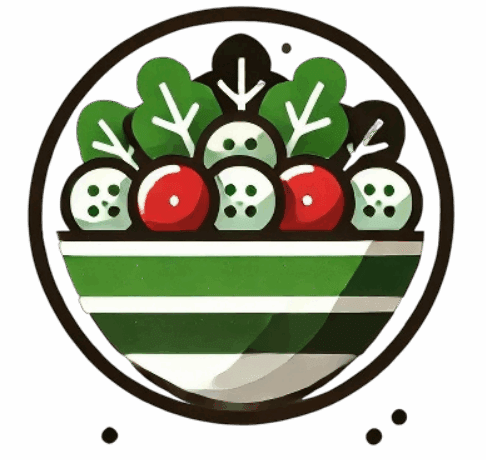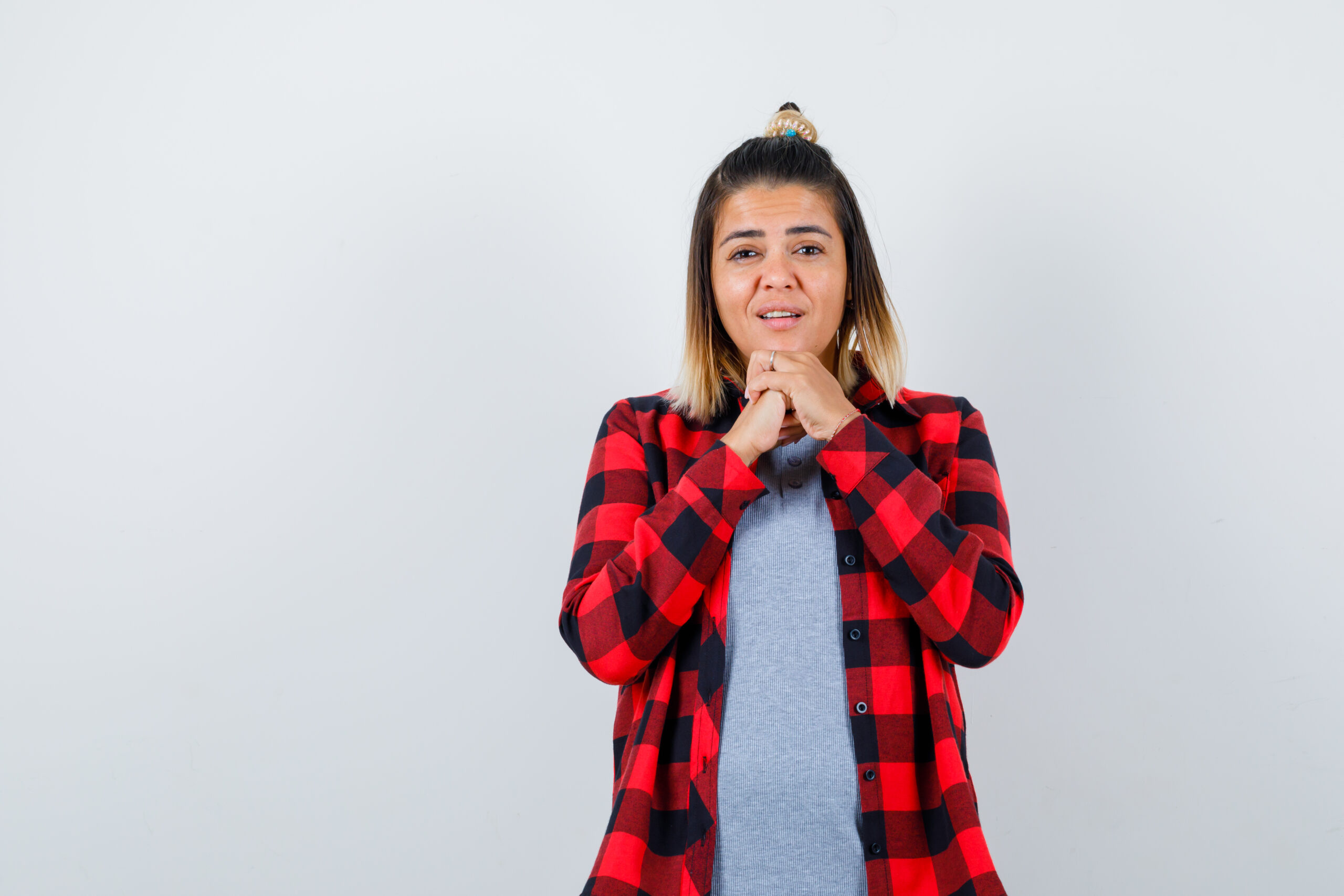Hiccups that start at unexpected times can be one of the worst things that can happen to you. Hiccups that suddenly start while you are in the cinema or theatre, making a presentation, or during an exam can be annoying. Don’t just say hiccups because have you heard of the man whose hiccups didn’t stop for 68 years? In this article, we will scientifically investigate the causes of hiccups that suddenly appear and that you do your best to make go away. What is hiccup? You will find the answers to these questions in our article.
Why do we hiccup? How do hiccups occur?
In 2015, seven-year-old Ethan, who went on stage to sing the national anthem before a game in the Australian Baseball League, suddenly started hiccuping while reading the lyrics of the anthem. Ethan sang the anthem until the end with hiccups. With this success, he became a phenomenon on social media. Like Ethan, many other people experience hiccups at special moments.
But why do we hiccup?
When hiccups start, there is a contraction in the diaphragm and air fills the lungs. In this case, the vocal cords suddenly go into a closed mode and the HIK sound is produced.
Scientists are not in agreement on the causes of hiccups , and they also don’t yet know what purpose hiccups serve.
There is a long list of diseases related to hiccups. The most common is the distension and swelling of the stomach, resulting in stomach acid leaking into the esophagus . ( reflux )
Among the causes of hiccups , chest diseases and irritation can also be mentioned. Hiccups can also be caused by various neurological abnormalities . Many of these are related to the brain stem. Metabolic and other diseases that cause acid reflux are also associated with hiccups.
If we were to gather the causes of hiccups, there could be more than 100. If we look at most of them, it will be seen that they are harmless. Sometimes, the drugs taken can be the cause of hiccups. For example, chemotherapy drugs, anesthesia drugs, cortisones can cause hiccups.
But hiccups may occur suddenly after laughing too much, drinking too much alcohol, eating quickly, or consuming fizzy drinks.
Some hiccups last a long time. The longest hiccup is recorded by American Charles Osborne. You won’t believe it, but the hiccups that started in 1922 continued until 1990 and didn’t stop for 68 years.
How do hiccups start?
During a hiccup, a series of events occur one after another. First, the back of the tongue lifts, while the palate rises. This is usually followed by belching. Then, the diaphragm and all the muscles involved in breathing experience a sudden contraction.
Right after the beginning of the contraction, the vocal cords suddenly squeeze and close. In the meantime, it makes the sound “hic”. The heart slows down a little. Hiccups repeat every few seconds. Sometimes it can last for hours.
All of these observations suggest that a central pattern generator (CPG) in some part of the brain drives hiccups. In other words, a neural circuit in the brain that controls breathing, coughing, and walking may be causing hiccups.
It is possible that the hiccup CPG is a remnant of the early stages of evolution. Scientists studying hiccup-like phenomena in the animal kingdom have obtained interesting results. The panting CPG is one of them.
According to evolutionary theory, the CPG cannot survive without a specific function. One possible function of the hiccup CPG is to direct the sucking reflex in babies, thus preventing milk from entering the baby’s lungs.
Another possibility is that it makes it easier for gas to escape from an overly full stomach .
Simple ways to get rid of hiccups at home include holding your breath (the carbon dioxide level in your blood increases), if that doesn’t work, drink a glass of water quickly (the vagus nerve – the nerve that runs from the brain to the stomach – is stimulated), if that doesn’t work, ask someone to scare and surprise you , and the last simple way is to put half a teaspoon of sugar on the base of your tongue .
Ways to get rid of hiccups
There are 2 effective ways to get rid of hiccups . One is to increase the amount of carbon dioxide gas in the body, which will prevent the contraction of the diaphragm. This can be done by finding a paper bag and breathing into it.
Another effective way is to stimulate the vagus nerve, which runs from the brain to the stomach . The vagus nerve allows us to swallow while breathing. During hiccups, the vagus becomes very sensitive. In order to stimulate it, we need to distract the brain by pulling it in different directions. For example, drinking water, biting a lemon or ice can be effective.
There are other ways. For example, putting fingers in the ears and gently pressing the eyes, pulling the tip of the tongue out, and quickly scaring the animal without warning can also be effective.
When we did a little more research, we found an even more interesting method. According to the records, the method used by Francis Fesmire , a doctor at the Tennessee Medical School , for hiccups in 1988 seemed a bit unusual, but it was a solution. He treated a male patient who had been hiccuping every 2 seconds for 3 days by “relieving stubborn hiccups with rectal massage.”
Francis Fesmire first applied this method to a 70-year-old woman whose heart beat very fast. He tried all the methods in medicine and folk medicine for the patient who came to him for hiccups and they did not help. Then he thought of the method he used on that old woman. And it was successful.
Although all the methods we have explained do not have any scientific meaning, they are harmless methods that can be tried. Therefore, these methods are at least worth trying when you have hiccups

